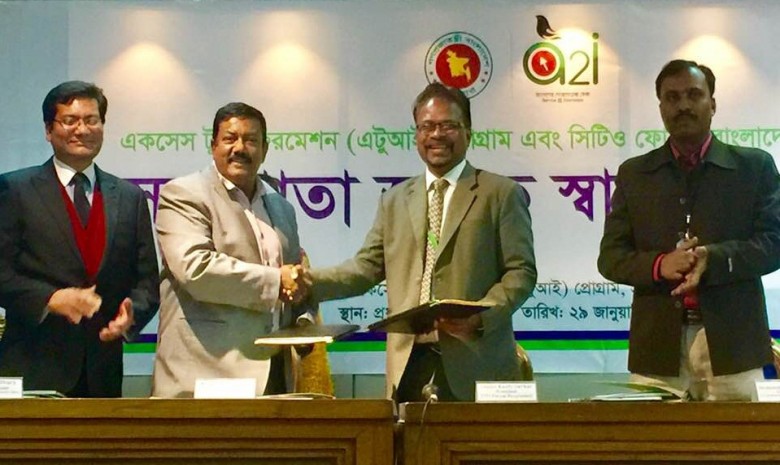After extensive discussion and draft revisions, the interim government is finalizing a law titled 'Cyber Security Ordinance'. The advisory council of the interim government approved the draft of this new law yesterday, Tuesday, replacing the controversial Cyber Security Act.
In the proposed ordinance, internet access has been recognized as a civil right for the first time. Furthermore, nine sections of the Cyber Security Act have been removed. Religiously provocative speech or content that can incite violence has been kept as a punishable offense in the proposed law. Online gambling has also been banned in this ordinance.
The draft of the 'Cyber Security Ordinance' was approved at a meeting of the advisory council held yesterday, Tuesday morning, at the Chief Adviser Professor Muhammad Yunus's office, chaired by him. Later, Law Adviser Asif Nazrul, Youth and Sports Adviser Asif Mahmud Shojib Bhuiyan, and Chief Adviser's Press Secretary Shafiqul Alam informed about the meeting's decisions at a press conference.
Nine Sections of Cyber Security Act Removed
Law Adviser Asif Nazrul said that the draft of the ordinance has been approved after removing nine sections of the Cyber Security Act. Commenting that these nine were notorious sections, he said that 95 percent of cases under the Cyber Security Act were filed under these sections. These cases will now be automatically cancelled. Additionally, cases previously filed under various sections will also be cancelled.
In the proposed ordinance, provisions related to punishment for malicious, misleading, and defamatory propaganda about the Liberation War, the spirit of the Liberation War, the Father of the Nation Bangabandhu Sheikh Mujibur Rahman, the national anthem, or the national flag under the Cyber Security Act have been repealed. Furthermore, sections related to publishing or broadcasting defamatory information, etc., have been completely cancelled.
What's New in the Proposed Draft
Asif Nazrul said that in the proposed ordinance, the abuse and sexual harassment of women and children in the cyber world have been recognized as punishable offenses. He also mentioned some other changes. In the case of offences related to freedom of expression, two offences have been kept in the proposed ordinance. One of these is publishing content that is primarily sexual abuse targeting women and children, and making threats. The other is inciting violence by spreading religious hatred. In this regard, the law adviser mentioned that religious hatred has been specifically defined to prevent misunderstanding and harassment. He said that any religiously provocative speech or content that can incite violence has been made a punishable offense. Asif Nazrul also mentioned that some safeguards have been included for these two sections.
The adviser stated that if a cybercrime is committed through artificial intelligence in the proposed ordinance, it has been made punishable.
The Law Adviser informed that there is a provision to include representatives of civil society in the Cyber Security Council. He said that court permission must be obtained after content removal. If the court says the content cannot be removed, then it must be reinstated. People must be informed about the content that is removed.
Speaking about consulting at various levels while preparing the draft ordinance, the law adviser said that the draft was changed 25 times. Finally, the draft was finalized after a three-hour meeting with major critics from civil society. It was raised in the Advisory Council meeting today. Now, after legal vetting by the Ministry of Law, the ordinance will be issued. They hope it will be effective within this week.
In response to a question, the law adviser said that the punishment has been reduced in the Cyber Security Ordinance. The maximum punishment is two years imprisonment. However, the punishment for filing false cases has been increased.
Total views: 718



























